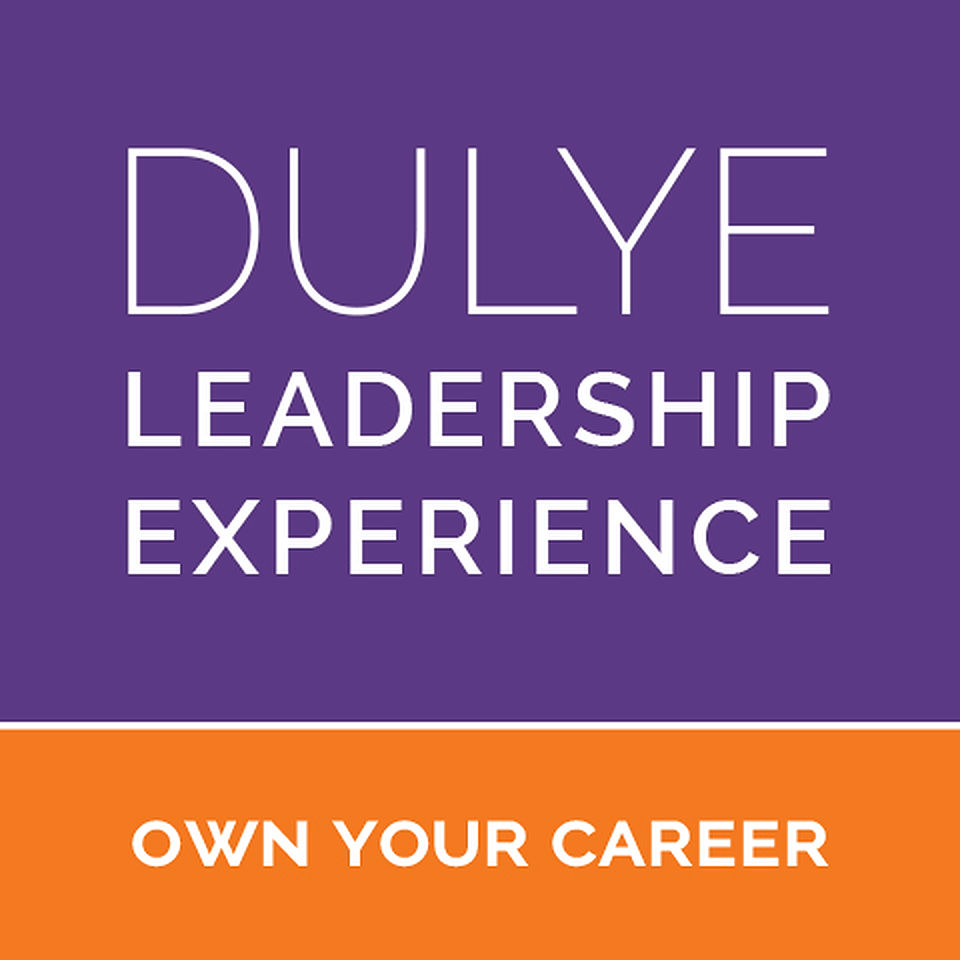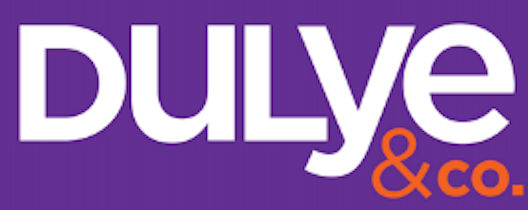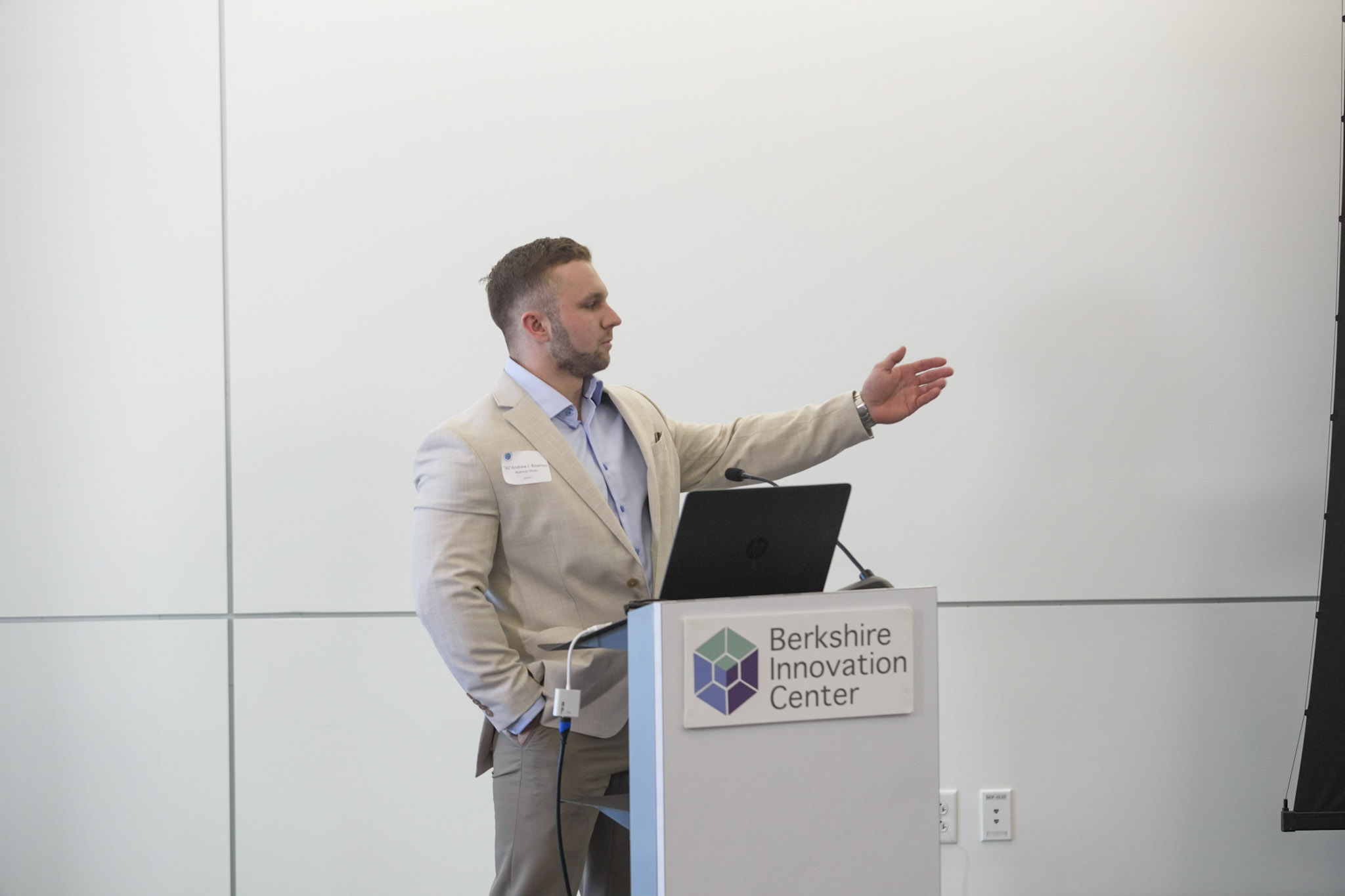
DLE MEMBER AJ BOWMAN SPEAKS OUT ON SUSTAINABILITY
May 10, 2023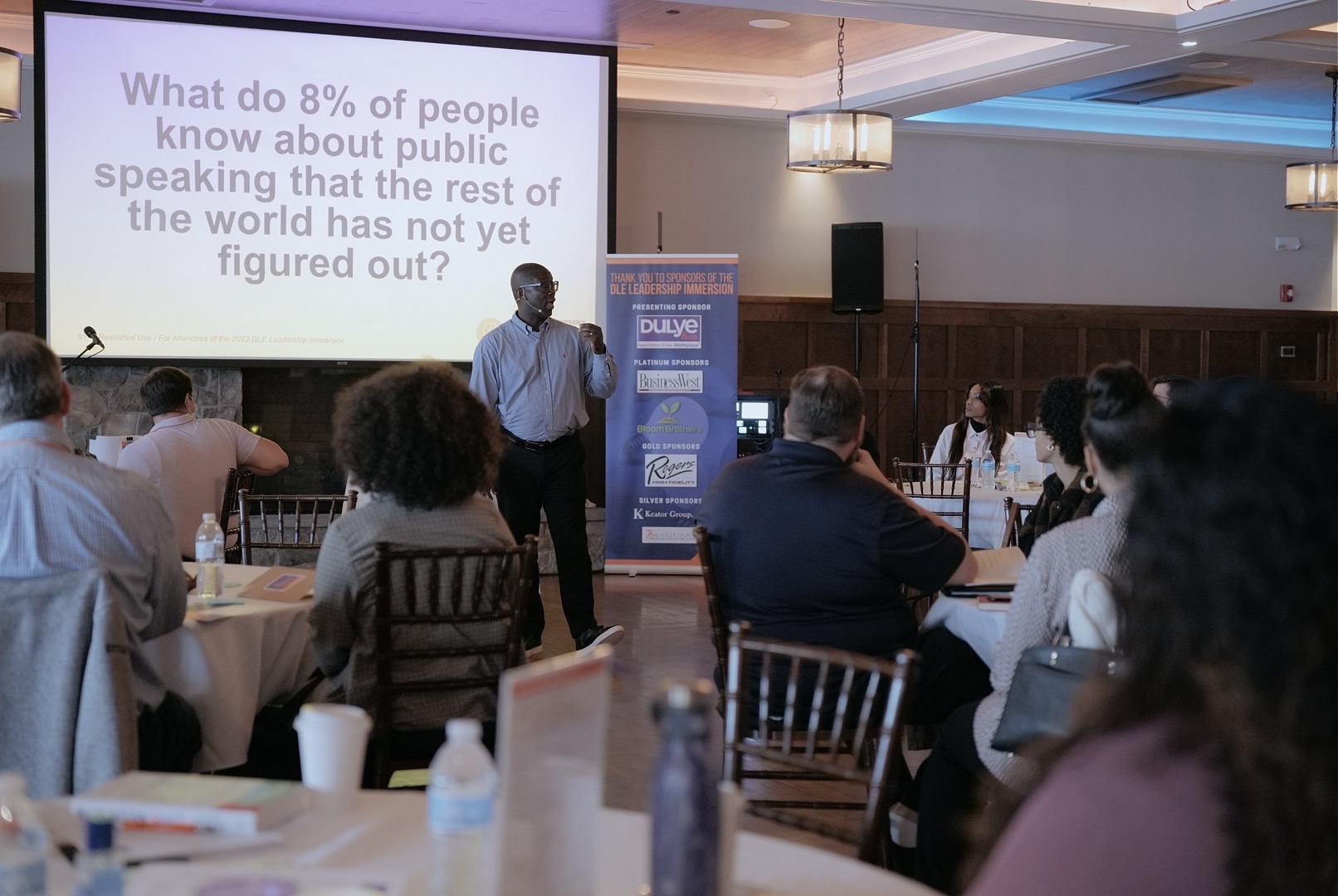
THREE WAYS TO BUILD YOUR COMMUNICATION MUSCLE
May 10, 2023FROM SHUTTERED IN-PERSON CLASSES TO FIRST JOB POST-COLLEGE: THE GEN Z PERSPECTIVE ON ADJUSTING TO THE HYBRID WORKPLACE
By Sophie Casciano, DLE Communications Intern, Undergraduate Marketing and Data Analytics Student at Syracuse University, Syracuse, NY
Members of Generation Z, also known as the digital natives, have grown up with technology at their fingertips. They have been immersed in a world where remote learning has become second nature ever since the global pandemic in 2020.
With forced “breakout rooms” and low motivation at a time when nobody knew what was in store for the world, Generation Z is relearning how to interact with people in our new hybrid world. However, as they enter the workforce, they face the unique challenge of transitioning from online schooling during their college years to an ever-changing work environment, whether that be remote or utilizing a hybrid model.
As a Gen Z member about to graduate from college, I wanted to explore how members of the Class of 2022 in their first post-college jobs had made the leap and adjusted. I contacted former DLE Interns Katie Kelly and Kyle Dutton to share their perspectives. Here’s what they had to say:
Katie Kelly, Content Marketing Assistant at Masthead Media, New York, NY
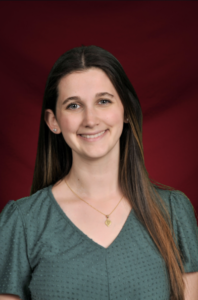 “Shifting to online classes was definitely a change that I had to adapt to,” Katie explains, recalling being sent home her sophomore year at Fordham University after COVID hit. Katie had to shift to an online classroom environment accessed through Zoom. This dramatic shift introduced a new concept called “Zoom etiquette” whereby professors outlined “Virtual Class Rules” that included grade penalizations for not being attentive when in a virtual class. So Gen Z became very familiar with how a person should “act” when joining a Zoom meeting with multiple participants–helpful knowledge for transitioning into a hybrid workplace.
“Shifting to online classes was definitely a change that I had to adapt to,” Katie explains, recalling being sent home her sophomore year at Fordham University after COVID hit. Katie had to shift to an online classroom environment accessed through Zoom. This dramatic shift introduced a new concept called “Zoom etiquette” whereby professors outlined “Virtual Class Rules” that included grade penalizations for not being attentive when in a virtual class. So Gen Z became very familiar with how a person should “act” when joining a Zoom meeting with multiple participants–helpful knowledge for transitioning into a hybrid workplace.
Zoom etiquette, says Katie, “depends not only on the company, but the industry that you’re in.” Katie now works remotely as a marketing assistant for Masthead Media. Because it is in the PR and media industry, her company’s clients take a very professional approach to Zoom calls to pitch ideas and projects. But during everyday team meetings, they pride themselves on being a ‘cameras off’ work environment. “I like it because I feel that it makes work a little more efficient since you aren’t worrying about your appearance. You’re able to tune in and listen.” This is a stark difference to the reality of going to the office everyday.
Being a remote employee removes the instances where coworkers can mingle in lounges or nearby kitchens to share funny stories or talk about their day. She comments, “At the top of calls, we chat informally–asking about people’s days, upcoming plans, etc. But outside of those few minutes, I have only had a few instances where I got to know my coworkers as people, not just colleagues”–thus adding a challenge to the way in which personal connections are formed through a screen during someone like Katie’s 9 to 5.
She notes, “Luckily my company is very small, and all of my coworkers are very friendly, so getting to know everyone has been easy. However, I envy those who can make last-minute plans to go to a happy hour or eat lunch together because their work is in-person/hybrid.”
The difference between hybrid and remote work may not be distinct when reading about a role on a job board, but Katie’s perspective sheds light on how the two working environments can truly vary.
Kyle Dutton, Real Estate Valuation Analyst at Altus Group, Seattle, WA
 How did the Zoom environment affect the interview process for these recent grads? Kyle comments, “Online interviews are cool as they give you the chance to prepare well in your own space.” Kyle mentioned how being used to online college classes made him comfortable talking to hiring managers online. But since he wasn’t used to professional in-person interactions, in-person interviews were more nerve-racking than simply being on the other side of a screen.
How did the Zoom environment affect the interview process for these recent grads? Kyle comments, “Online interviews are cool as they give you the chance to prepare well in your own space.” Kyle mentioned how being used to online college classes made him comfortable talking to hiring managers online. But since he wasn’t used to professional in-person interactions, in-person interviews were more nerve-racking than simply being on the other side of a screen.
Kyle strongly believes that speaking well and eloquently by having a conversation with the manager, instead of talking at them, can set you up for a successful interview process. Experience, not the classroom, taught him that. He says, “I try to really have a conversation with the hiring manager, and it sets a good vibe for the rest of the interview.” Kyle, and other graduates alike, understand the importance of showing personality after experiencing such a restrictive classroom environment over a screen with muted microphones.
Kyle now works as a hybrid employee for a software development company called the Altus Group, where he is their Real Estate Valuation Analyst. He has the freedom of going into the office when he sees fit, but usually takes his work calls from his home in Seattle. To stay connected to his colleagues, Kyle states that they “use Microsoft Teams for all forms of communication–whether this is internally with my coworkers or externally with a client.” Both Kyle and Katie note that Microsoft chat capabilities are in constant use throughout their workdays to keep everyone in touch and on the same page regarding tasks.
I was curious to hear Kyle’s perspective on the hybrid work environment and how he handles his work-life balance. He comments, “Balancing my work and personal life can surprisingly be more difficult as a hybrid employee. It can be tempting to work longer hours or even shorter hours when I work from home, which can lead to burnout or just not being productive at all. It’s important to set boundaries and that’s what I’m currently trying to do and implement.”
Both Katie and Kyle emphasized the importance of adapting to new environments, whether that be online classes or the Zoom platform, and developing quality communication skills for in-person and remote interviews. Overall, it can be said that Gen Z can succeed in a hybrid work environment by leveraging their technological savvy and adapting to new situations.
With the tips and tools available from programs and the HUB newsletter, the DLE aims to help new and not-so-new graduates smoothly transition into their hybrid, remote or in-person workplaces.

